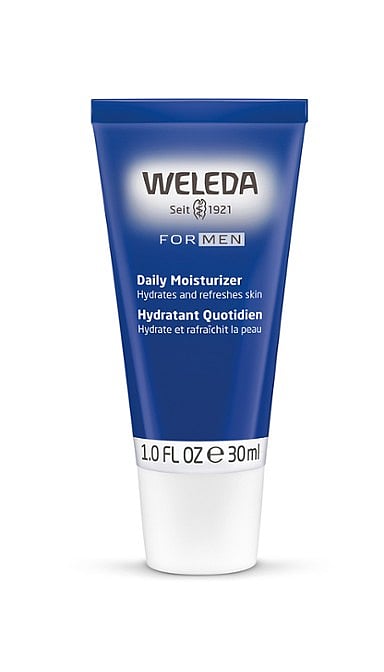Shop At Haya: Your Ultimate Shopping Guide
Discover the best shopping tips, trends, and deals for a smarter buying experience.
Moisturizer Mysteries Unveiled
Unlock the secrets of moisturizers! Discover the truth behind hydration myths and find your perfect skincare match today!
The Science Behind Moisturizers: What Makes Them Work?
Understanding the science behind moisturizers begins with recognizing their primary function: to hydrate and protect the skin. Most moisturizers contain a blend of humectants, emollients, and occlusives. Humectants, such as glycerin and hyaluronic acid, draw moisture from the environment and into the skin, helping to maintain hydration levels. Emollients, like fatty acids and oils, fill in the gaps between skin cells, creating a smoother texture. Lastly, occlusives, such as petroleum jelly and beeswax, form a barrier on the skin’s surface to prevent water loss, thus facilitating prolonged moisture retention.
In addition to these key ingredients, the formulation of moisturizers plays a crucial role in their efficacy. The science of interaction between the skin’s natural lipid barrier and moisturizer components can significantly impact skin health. With advancements in cosmetic chemistry, some products now include active ingredients such as antioxidants, peptides, and vitamins, which not only hydrate but also improve overall skin function. Understanding how these ingredients work in synergy allows consumers to select moisturizers tailored to their individual skin needs, thus ensuring optimal hydration and protection.

Unlocking the Secrets: Choosing the Right Moisturizer for Your Skin Type
Choosing the right moisturizer for your skin type is essential for maintaining healthy and radiant skin. Different skin types, such as oily, dry, combination, and sensitive, require specific formulations to effectively meet their unique needs. For instance, individuals with oily skin might benefit from lightweight, gel-based moisturizers that hydrate without adding excess shine, while those with dry skin may require richer, cream-based products that lock in moisture. Understanding your skin type is the first step in unlocking the secrets to effective skincare.
When selecting a moisturizer, pay attention to the ingredients. Look for products that contain hyaluronic acid, glycerin, or ceramides, as these ingredients help to draw moisture into the skin and create a barrier to prevent moisture loss. For sensitive skin, opt for products that are fragrance-free and formulated with soothing ingredients like aloe vera or chamomile. By choosing a moisturizer tailored to your specific skin type and concerns, you can enhance your skincare routine and achieve a luminous complexion.
Do You Really Need a Moisturizer? Debunking Common Myths
The question of whether you really need a moisturizer has become a hot topic in skincare discussions, often surrounded by common myths. One prevalent belief is that those with oily skin can skip moisturizer altogether. However, this is a misconception. Even oily skin needs hydration to maintain a healthy balance. Not using a moisturizer can actually lead your skin to produce even more oil in an attempt to compensate for the lack of moisture, ultimately exacerbating the issue. So, regardless of your skin type, it’s essential to find a moisturizer that suits your unique needs and keeps your skin well-hydrated.
Another myth worth debunking is the idea that moisturizers are unnecessary during summer months. While humidity levels can affect how your skin feels, the need for hydration doesn't diminish. Environmental factors like sun exposure, air conditioning, and pollution can deplete your skin's moisture levels. Incorporating a lightweight, hydrating moisturizer into your summer skincare routine can help protect your skin barrier and maintain a fresh complexion, proving that moisturization is crucial year-round.